Taxpayers have subsidised losses of £500,000 at the House of Commons nursery since the pandemic, with the childcare facility now operating at a deficit due to reduced usage from hybrid working.
The nursery, which offers MPs and parliamentary staff cheaper childcare than London averages, recorded its second-largest loss of £142,000 in 2023-24.
The facility, rated “outstanding” by Ofsted, provides 40 spaces for children of MPs, their staff, House of Lords members and certain parliamentary workers.
Previously profitable before Covid, the nursery has been operating at a loss every year since the pandemic struck.

The facility provides 40 spaces for children of MPs, their staff, House of Lords members and certain parliamentary workers (Stock)
Getty
The nursery’s biggest financial hit came in 2020-21, when it lost £202,000 during the height of Covid restrictions.
The facility typically costs between £450,000 and £530,000 annually to operate.
In the most recent financial year of 2023-24, the nursery generated £385,000 in income but faced running costs of £527,000, resulting in a £142,000 deficit.
This marks a stark contrast to pre-pandemic performance, when the nursery made almost £50,000 in profit.
MORE LIKE THIS:
Hybrid working patterns among parliamentary staff have significantly reduced nursery occupancy levels, according to the House of Commons.
Parents who previously enrolled their children for five days per week are now typically using the facility for just two or three days.
A House of Commons spokesman attributed much of the financial shortfall to Covid restrictions and subsequent changes in workplace patterns.
Parents using the parliamentary nursery pay £1,400 per month for full-time care of an under-two-year-old.
This represents a significant saving compared to inner London’s average nursery fees of £1,700 per month, according to charity Coram.
The facility is operated by the London Early Years Foundation, a non-profit organisation contracted by the House of Commons.
All fees paid by parents are returned to Parliament, with the service not intended to be profit-making.
Consumer expert Martyn James said: “Childcare costs are one of the most complained about expenses from families.”
“So the news that MPs have advantageous and cheaper childcare – that we are paying for by default – will be a bitter pill for millions of people to swallow,” he added.
The subsidised parliamentary nursery costs have emerged as the wider childcare sector faces mounting financial pressures.
The losses come at a time when many private nurseries are being forced to increase their fees due to rising operational costs.
Former speaker John Bercow established the House of Commons nursery and pre-school in 2010. The facility was created to support parents working in Parliament and remove barriers for female MPs with young children.
However, the nursery has been a source of controversy since its launch.
In 2013, former Labour MP Roger Godsiff criticised the conversion of Bellamy’s Bar into the nursery, claiming it had cost taxpayers over £511,000. He described it as a “continual drain on the public finances”.
A House of Commons spokesman said: “Similar to services offered by many employers, the House of Commons offers a nursery service, which provides childcare for those who work on the parliamentary estate.”
“It is intended to be a staff and Member service, rather than a profit-raising venture,” the spokesman added.
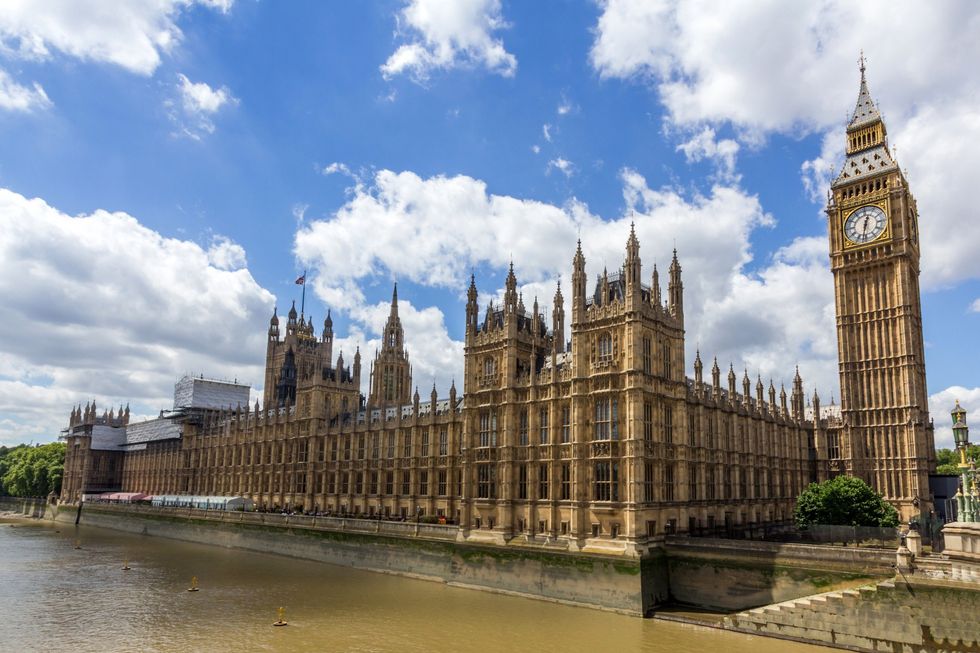
Former speaker John Bercow established the House of Commons nursery and pre-school in 2010 (Stock)
Getty
The spokesman noted that parents and caregivers pay monthly fees benchmarked against other local private and government options.
“As with all services provided by the House, value for money remains a key consideration,” the spokesman said.
Neil Leitch, chief executive of the Early Years Alliance, warned the childcare sector is approaching “breaking point” amid mounting financial pressures.
“With cost pressures created by the upcoming National Insurance changes and wage increases, there is a real danger that the sector is fast approaching breaking point,” he said.
Leitch added that providers will have “no option but to raise fees and limit entitlement hours.”
He called for the Government to either exempt or fully fund National Insurance changes and increase early years funding rates.
Without such support, he warned “what is already an incredibly challenging situation is only likely to get worse.”







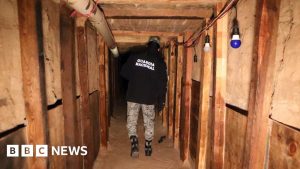





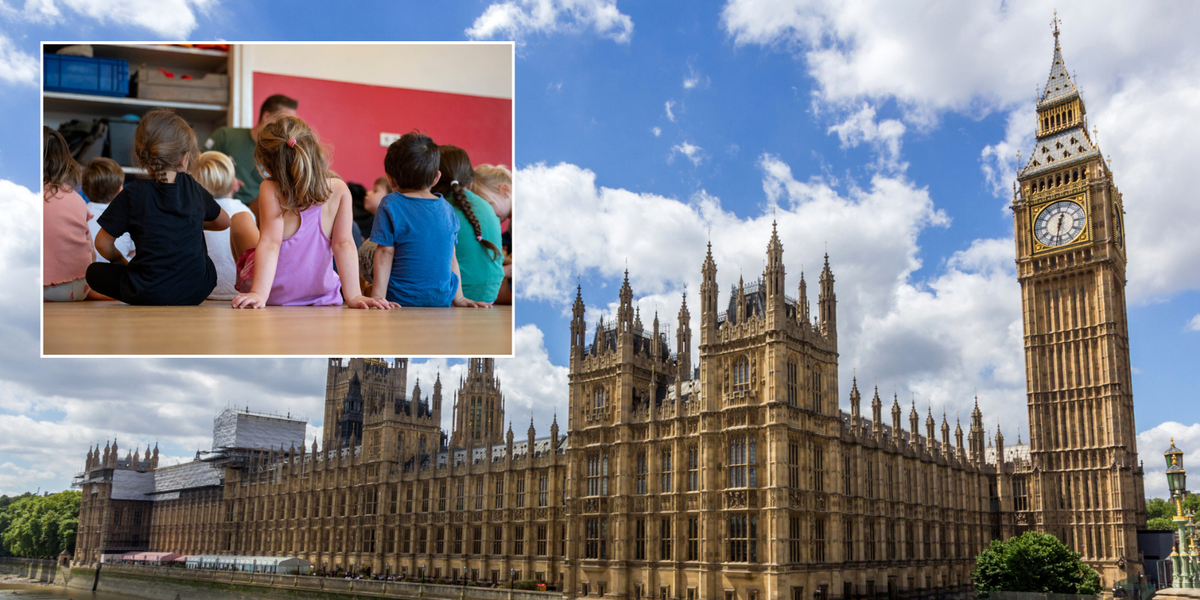

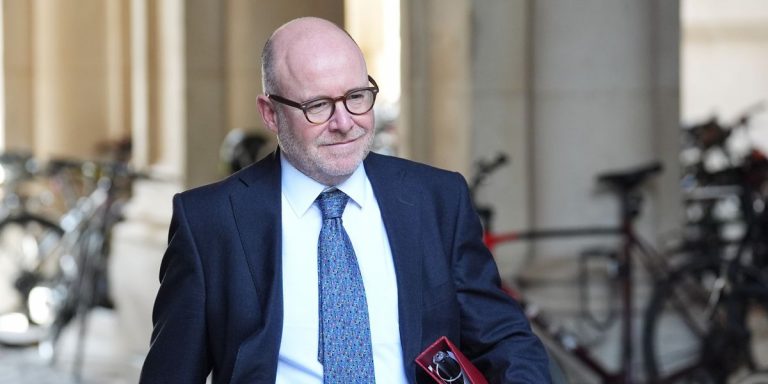









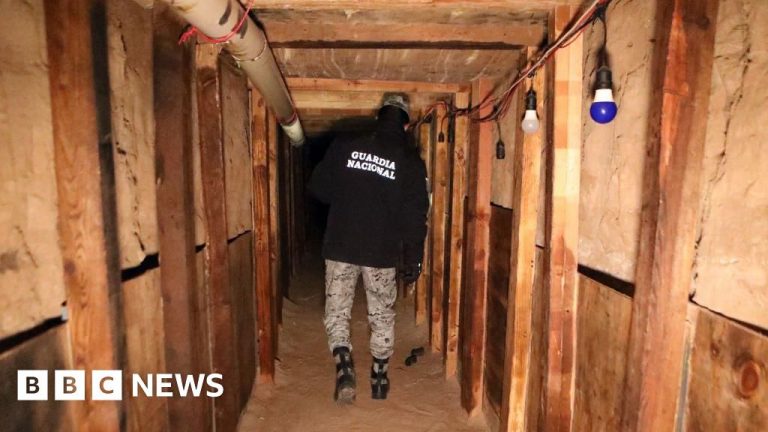
+ There are no comments
Add yours